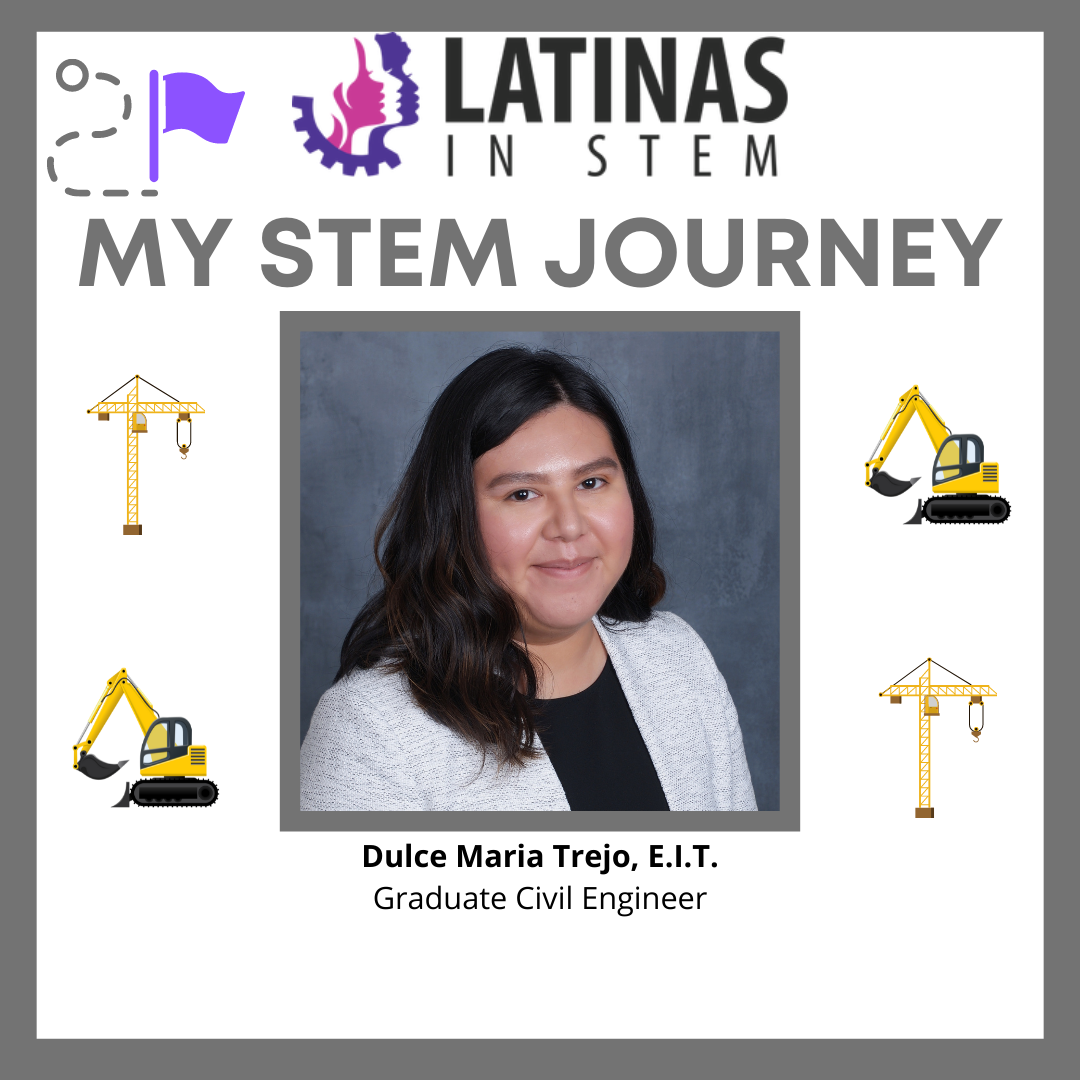I have always loved being a student. And as a kid I didn’t really think about my future. When I would be asked what I wanted to be when I grew up, my go-to answer was a lawyer. As a child of immigrants, I was familiar with the profession by name only but that was about it. As I graduated from elementary, to middle school, to high school I didn’t give that question much thought. That is until I saw my older brother and later my classmates apply to college. But even then, I didn’t understand what college would offer - all I heard was that I could continue being a student and that was enough for me.
Luckily, I was not a bad student and had parents that emphasized the importance of a college education. So, I applied to the only two universities that I could see myself at, the University of Houston (UH), where my brother was studying, and the University of Texas at Austin (UT) where most of my classmates were applying to. When it came to choosing a major for the application, I chose undeclared. I couldn’t decide on what I would want to study, everything seemed interesting and new and exciting but also very vague and scary and different. How could I, a seventeen-year-old with little knowledge of the world outside of my small hometown, make such a big decision?
A couple of months later I found myself at UT’s orientation. Getting there was a big discussion with my family, but after an invitation to explore the campus and meet with representatives of the university we decided that UT would provide me with the resources like career counselors, student mentors, and tutoring to make that decision. As an undeclared student my goal was to successfully transfer into a major that I was genuinely interested in and that would lead to a stable career.
My first fall semester was rough. The classes were hard, I felt homesick, confused, and in over my head. I also felt very frustrated with myself because I still didn’t have a clear answer to that question, “What do I want to be when I grow up?” I was tired of being so indecisive. So that winter break I decided to transfer into linguistics because I liked words and I really wanted to justify studying Latin after taking an introduction class into classical mythology. Shortly after starting the spring semester, I was able to successfully transfer into the linguistics department.
A couple of weeks later, I felt like I made a mistake.
But part of growing up is making them and learning from them. So, this time, I asked questions. I signed up for almost every single transfer information session (except for anything medical because of several different reasons), I talked to my academic advisor, I talked to students about their majors and the classes they were taking, I attended pre-law student organization meetings (just in case), I went to office hours, went on field trips, did a lot of tutoring, and I googled endlessly about majors and jobs. And most importantly I talked to my career counselor who introduced to me the different types of careers paths that different kinds of majors provided. By the end of the semester, I realized architectural engineering checked all of my boxes: challenging, useful, and stable.
My second fall semester was better. I was able to transfer into the engineering school to study architectural engineering. The more and more I learned about the different building systems, the equations that make our lives easier, and the people that make it happen, the more I realized I made the right decision. Like I learned my freshman year, I had to explore and learn about all of my options so I joined different student chapters of professional organizations like the Structural Engineers Association of Texas (SEAoT) which introduced me to forensic civil engineering. I attended Women in Engineering Program (WEP) events where I met and learned from women studying and working in engineering.
By the time I graduated, I had participated in undergraduate research, competed in an international concrete competition, 3-D printed a model of a high-rise building, and found the answer to that ever present question. I want to design and construct a strong and healthy built environment. Currently I work as a forensic civil engineer where I investigate building and road failures and will be going back to school to earn a master’s in civil engineering. I am still at the beginning of my STEM journey, but like the saying goes, getting started is the hardest part.


 RSS Feed
RSS Feed

